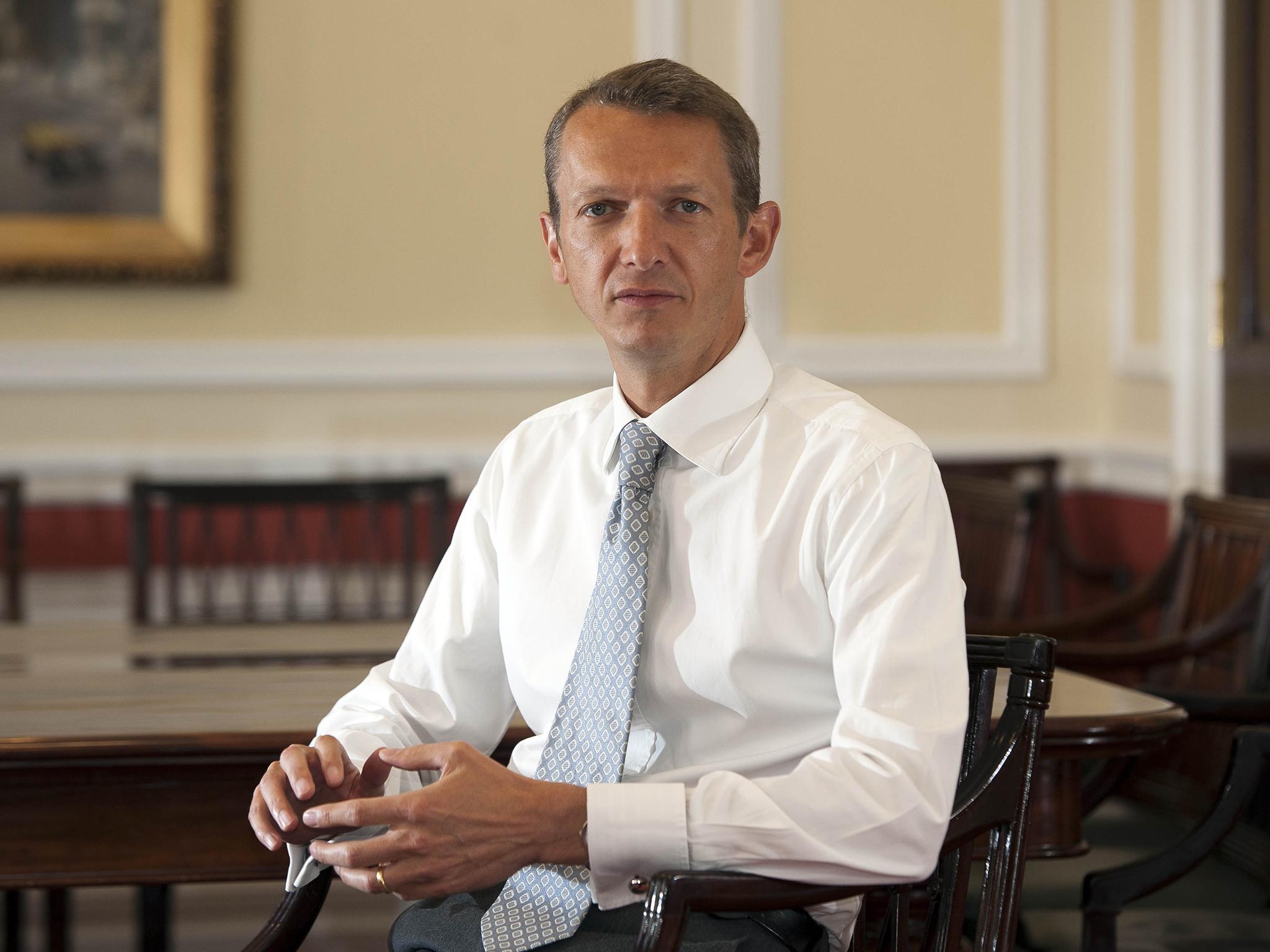The resilience of the economy in the wake of last June’s Brexit vote has not prompted the Bank of England to change its view that the UK will suffer near-term damage from last June’s Brexit vote, the Bank’s chief economist has said.
Speaking at an event hosted by the Institute for Government in London, Andy Haldane said there had been no fundamental re-assessment of the economy’s prospects from the Bank.
“Near term the data has surprised to the upside,” he said.
“There has been more resilience among consumers and in the housing market than we had expected. Has that led us to fundamentally change our view on the fortunes of the economy looking forward over the next several years? Not really. This is more a question of timing than of a fundamental reassessment of the fortunes of the economy.”
The Bank’s Governor, Mark Carney was severely criticised by prominent Brexit campaigners during the referendum campaign for warning that a Leave vote could lead to a “technical recession” and there have been calls for his resignation since the plebiscite on the grounds that he drew the Bank into the political arena.
Mr Haldane pointed out that the projections in last November’s Inflation Report from the Bank had still been for a record overshoot in inflation over the forecast period and a major downgrade in overall GDP growth over three years relative to the pre-referendum forecasts.
“We’re still expecting this rather difficult path for monetary policy with a material slowing as the impact of higher prices in the shops begin to chew away at the spending power of consumers,” he said.
The Bank expects the economy to grow by 1.4 per cent in 2017, down from 2.2 per cent in 2016. And it expects inflation to rise above its 2 per cent target, peaking at 2.8 per cent, due to the impact of the plunge in sterling since June.
Survey data for the UK’s dominant services sector published today pointed to the fastest rate of growth since the summer of 2015.
The economy grew by 0.6 per cent in the third quarter of 2016, in the wake of the Brexit vote, according to the Office for National Statistics.
The latest survey data points to growth of 0.5 per cent in the final quarter.
Mr Haldane also reiterated that the Bank’s Monetary Policy Committee has a “neutral bias” as to which direction interest rates will next move.
The MPC cut rates to 0.25 per cent in August and restarted its money printing operation.
On the UK’s trade arrangements post-Brexit, Mr Haldane noted that in the UK there had been something of a “disconnect” since the referendum vote between “remarkably placid” finance and economics on the one hand and the uncertainty surrounding Government policy on the other.
“That cannot last forever. At some point these two parallel universes need to come together,” he said.
“Maybe some of the scariest stories politically will be shown to be just that – scare stories. Or instead we’ll meet in the middle somewhere. Who knows?”
Subscribe to Independent Premium to bookmark this article
Want to bookmark your favourite articles and stories to read or reference later? Start your Independent Premium subscription today.


Join our commenting forum
Join thought-provoking conversations, follow other Independent readers and see their replies